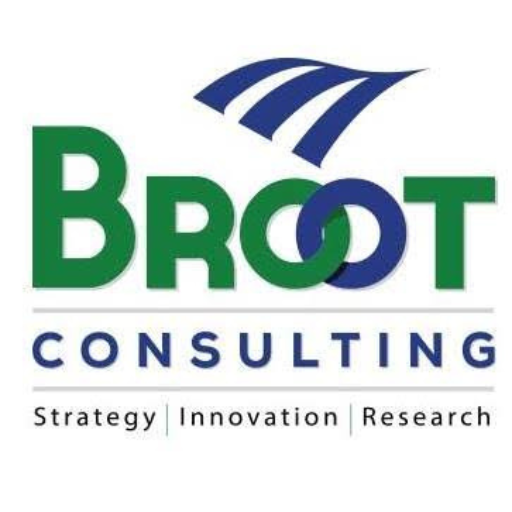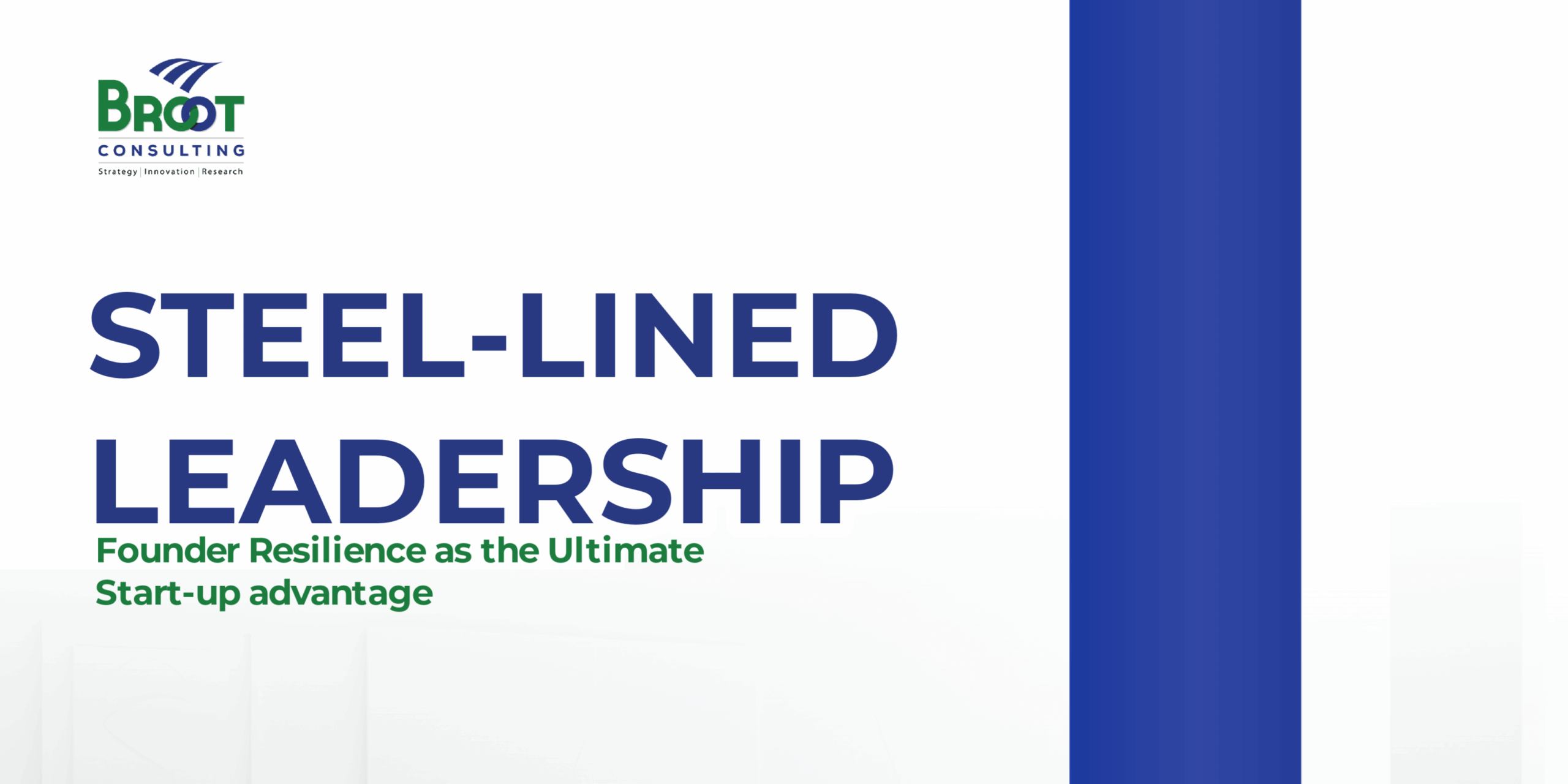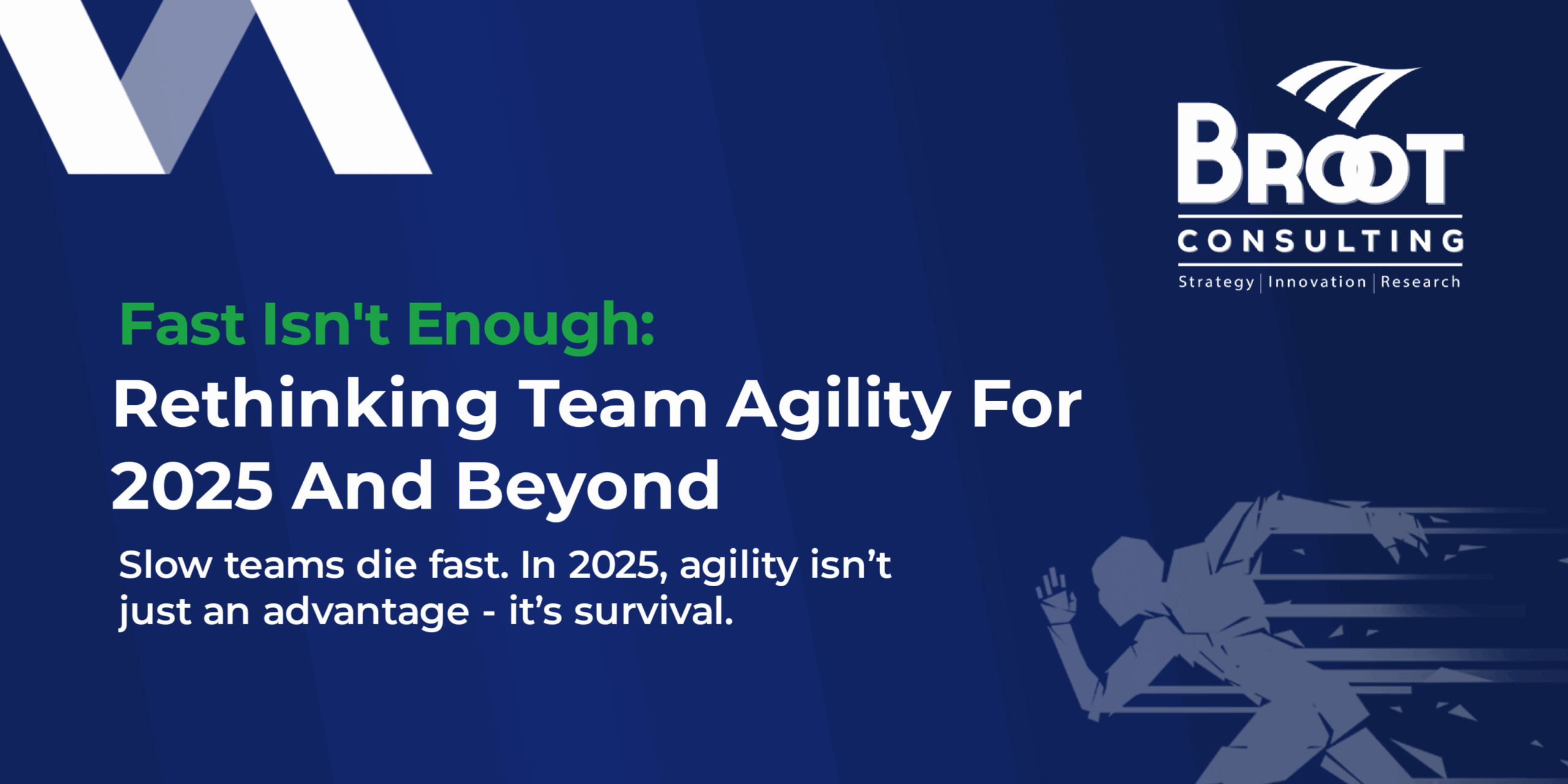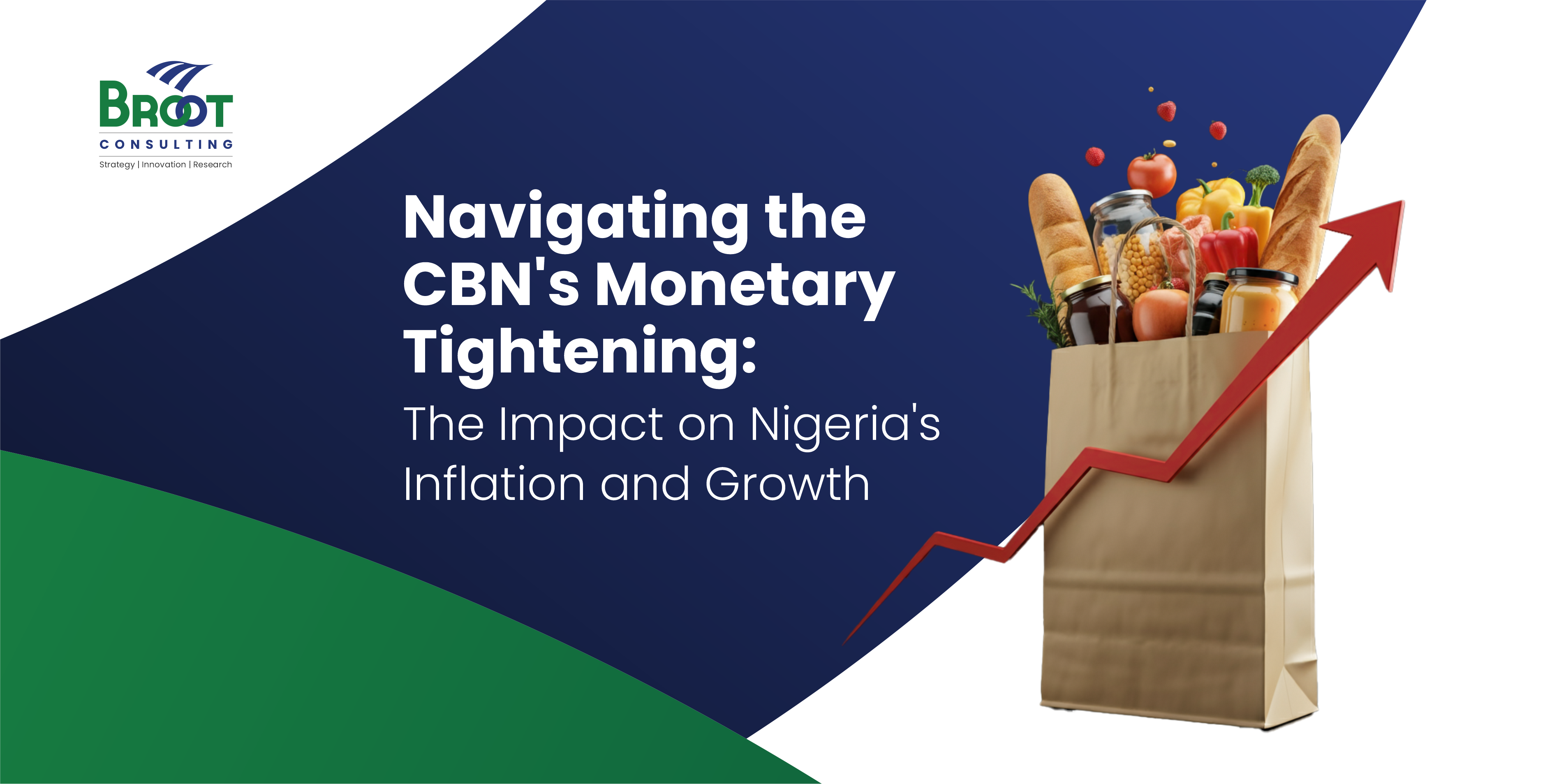“The more I live, the more I learn. The more I learn, the more I realise, the less I know.” — Michel Legrand
Take a quick glance at the featured image above, what do you see? What does the picture look like? Is it real or painted? These simple questions must have triggered your curiosity; you want to know what it is and come up with an answer. Therefore, you reflect to ensure you guess correctly.
Photo credit Bùi Quốc Kỳ Kynhong — National Geographic
Finally, you come up with your guess, which may be different from mine and some other persons. If we were in a group, it could lead to an argument as to who is right or wrong, most times the wrong have the loudest voice and the most intimidating presence while, those who are right may speak with a smooth and unassuming voice. The picture is a tea farm in Vietnam with farm workers along the green ridges. Did you guess right? Were you close?
Intellectual arrogance and hypocrisy sometimes appear elevated at the expense of intellectual humility. Let us take a hypothetical example, you walk into your office space, as usual, expecting a good, pleasant morning; suddenly a subordinate comes to your office, with what he considers a somewhat simple on-the-job question that you will be able to resolve without much ado. He asks but unfortunately, you had no answer to his question in spite of your 3Es (Experience, Exposure and Education). You feel a bit embarrassed that you do not have an answer. How do you respond? Will your response be; “I am not supposed to babysit you. I have other pressing issues to attend to, please go and figure it out and ensure you deliver the job as expected.” Alternatively, will you get into panic mode; sweaty, boldface and try to provide answers to something you have no clue about? In this case, you become incoherent, rambling left and right which eventually get him or her more confused. On the other hand, will you acknowledge your limitations, ask for his views, or suggest that you both should seek answers from among other employees or from within the industry?
Intellectual Humility: A lesson from an innocent girl
I once had a boss, who shared an interesting story with me. He is an extraordinarily brilliant and talented executive, a top of the class person who graduated from one of the Ivy leagues. One day he got home after a very tiring day and his 8-year old daughter at that time needed his help with her mathematics homework. She brought it to her Dad for a probable solution. After looking at it a couple of times, he took permission to go to the bathroom, after the bathroom he realised he needed to attend to some urgent emails, then from there went to his room. Later the girl brought the assignment again to her dad, he looked at it a second time and suddenly fell asleep. The girl quietly leaves the room and then figured out the answer to the question. Some weeks later, she confronted her Dad saying
“Dad, do you remember that time I came to you with my math assignment? After you saw it you went to the bathroom, them from there to your room, then you slept off. I expected you to ask me the following morning to bring the question, but you did not, and you never asked if I solved the problem eventually. You know what dad? I figured out that it is because you didn’t know the answer and you did not know how to tell me. Why didn’t you tell me you couldn’t solve it?”
Are leaders supposed to be skilled and highly knowledgeable in all issues brought to them by subordinates? Does your inability to provide answers make you less of a leader?
Intellectual Arrogance: what you need to know
Jeffrey Skilling was released from prison in August 2018 having spent 12 years. He was the Former CEO of Enron (the fifth largest company in America at a time). Jerry is smart and incredibly brilliant, in their book The Smartest Guys in the Room, Fortune Reporters McLean and Elkind, stated that when people want to describe Jeffery, they don’t just say smart but “incandescently brilliant” and “the smartest person I ever met,” Though smallish, a little chubby but his mental agility was breath-taking. He could process a large amount of information and conceptualise new ideas with blazing speed. He could instantly simplify complex issues into a bright, compelling image.
“Skilling’s intelligence helped make Enron one of America’s most successful companies with over 20, 000 employees and $100 billion in revenue. However, the success was short-lived
The praise singing above notwithstanding, he is also an epitome of intellectual arrogance. He was “unwilling to recognise when reality didn’t match [his] theory. He “became so sure that he was the smartest guy in the room that anyone who disagreed with him was summarily dismissed as just not bright enough to ‘get it’. He used his brainpower not only to persuade but also to intimidate.

Unfortunately, the power of his mind created blind spots that led to the collapse of Enron. Most of the executive management team were convicted together with him, including the founder, Kenneth Lay, who died of a heart attack six weeks before his sentencing.
Many of us can identify with the encounter between my boss and his daughter. Few parents will admit they can’t solve some grade 4 academic questions; many will make a futile attempt and mislead their wards, while some others will sit with their children and “google” the problem. The insight in the story is that we are all blessed with limited knowledge; therefore, there is no need for pretence when you have no idea on the subject being discussed.
Patricia Fili Krushel demonstrated is an epitome of intellectual humility in leadership. When she was newly appointed as the CEO of WebMD, she met with a group of male engineers in Silicon Valley; they were doubtful of her ability to add value to their work. So, they asked her what she knew about engineering, without any iota of hesitation, Fili Krushel made a zero with her fingers. “This is how much I know about engineering” however, I do know how to run businesses, and I am hoping you can teach me what I need to know about your world.” Reading through this story as narrated by Prof Francesca Gino of Harvard University, in her work “The Business Case of Curiosity”, I realised that genuine engagement with those that disagree with us would lead to mutual respect, constructive and productive relationship.
Curiosity, Intellectual Humility and Business Growth
Innovative organisations are flooded with highly curious people, Prof. Gino articulates the importance of Curiosity; “when our curiosity is triggered, we think more deeply and rationally about decisions and come up with more creative solutions”. Those who are curious are intellectually humble because curiosity enables you to ask questions and this requires some level of humility approaching people and ask questions about the issue that you are curious about. However, Intellectual Arrogance is self-delusional, the victims assume they know it all, therefore, they find it difficult to ask or seek for help.
Tenelle Porter, a post-doctoral scholar of Psychology at the University of California Davis, describe Intellectual Humility as the ability to acknowledge that what we know is limited. Richard Paul and Linda Elder view it as:
- the consciousness of the limitation of one’s knowledge, including a sensitivity to circumstances in which one’s native egocentrism is likely to function self-deceptively;
- having a sensitivity to bias, prejudice, and the limitations of one’s viewpoint.
Intellectual humility is, therefore, a strength and not a weakness, neither is it spinelessness or submissiveness. Paul and Elder describe it as the lack of pretentiousness, boastfulness, or conceit. In his study of over 1400 companies, Jim Collins discovered that intellectually humble leadership sets the most successful CEOs apart from the rest. The principle of curiosity and Intellectual humility is well practised at Google, Laszlo Bock, the VP of Hiring described it this way:
“Without humility, you are unable to learn…., attributing positive results to your genius and negative results to someone else’s shortcomings is intellectual arrogance.
“What we’ve seen is that the people who are the most successful here, who we want to hire, will have a fierce position. They’ll argue like hell. They’ll be zealots about their point of view. But then you say, ‘here’s a new fact,’ and they’ll go, ‘Oh, well, that changes things; you’re right.”
Conclusion
A “Lord-it-over” kind of intelligence is a liability in leadership. Unchecked intelligence breeds arrogance and makes you an easy prey to failure. The world does not need the smartest guy in the room but the most excellent minds in the team. People are not looking for a leader who alone has answers to all problems. The leader that is respected is the one who is consciously aware of his limitation and who is not ashamed to rely on the strength of his or her team to achieve a result. A leader that values the opinion of others and appreciates their viewpoint is the leader that the world needs right now because Intellectual arrogance is nothing but cosmetic words for foolishness. As King Solomon said in the book of Proverbs, where there is no counsel, the people fall: but in the multitude of counsellors, there is safety (victory).
<hr />
<em> <img class=”size-full wp-image-943 alignleft” src=”http://brootc.com/wp-content/uploads/2018/06/cutmypic.png” alt=”Dr Olukunle Iyanda” width=”100″ /></em><strong>Olukunle A. Iyanda</strong>, Ph.D., FCA, MBA
Founder/Chief Executive Officer, BROOT Consulting
<a href=”mailto:iyanda@brootc.com”>iyanda@brootc.com</a>
<hr />




